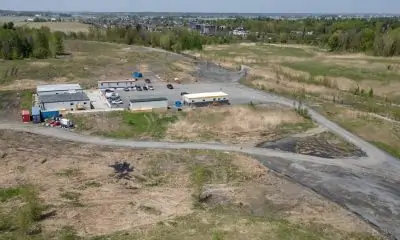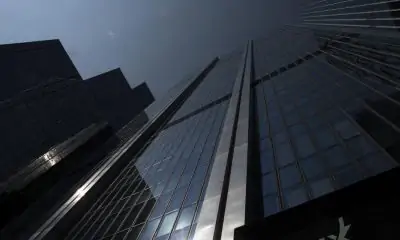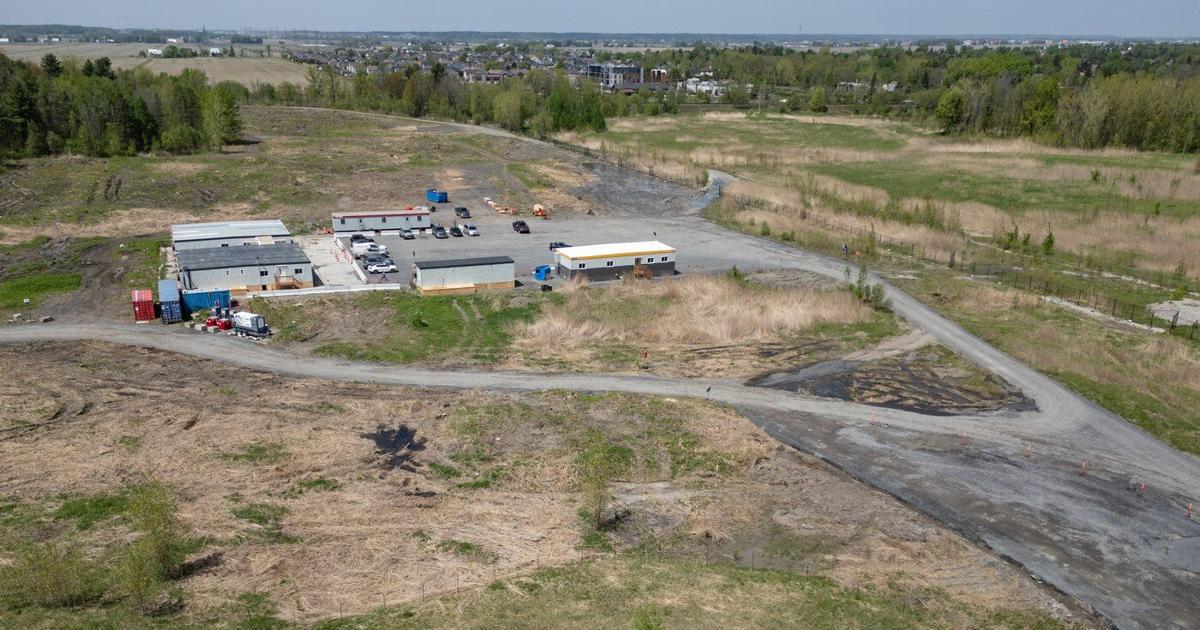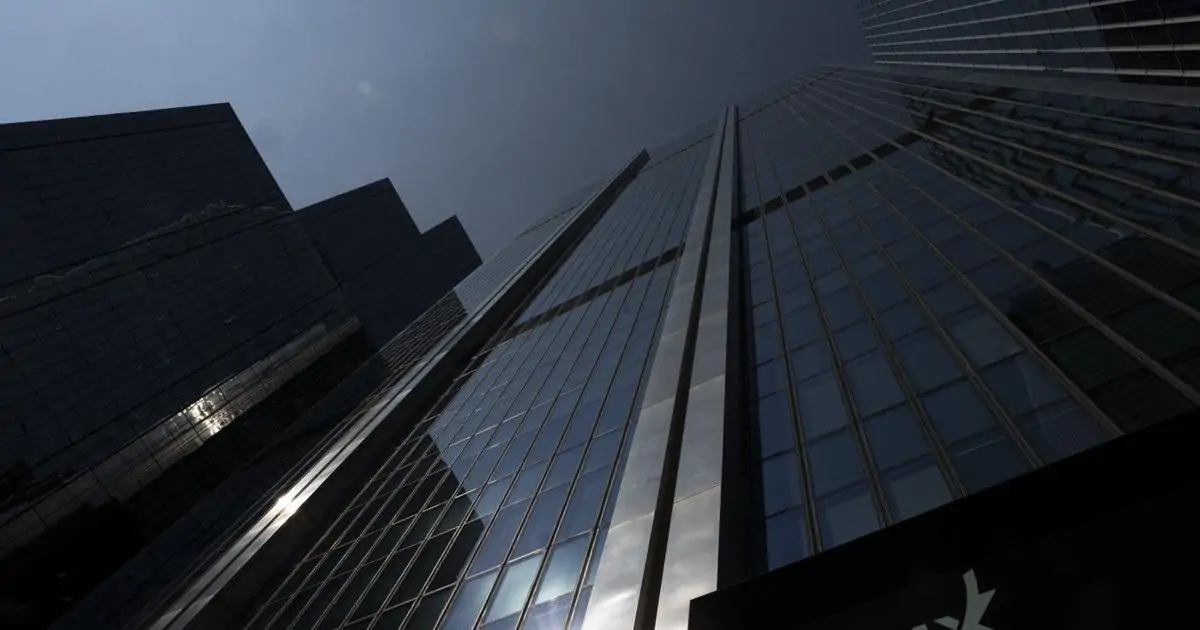MONTREAL – Northvolt AB has filed for bankruptcy protection in the United States, but said the move will not jeopardize the manufacturer’s planned electric vehicle battery plant in Quebec — though hundreds of millions of taxpayer dollars invested in the parent company could be lost.
Amid a sputtering global market for EVs, the Sweden-based outfit and several subsidiaries filed for a court-supervised reorganization of its debt and assets under Chapter 11 of the U.S. bankruptcy code.
However, Northvolt said its Canadian subsidiary is financed separately and “will continue to operate as usual outside of the Chapter 11 process.”
The Northvolt plant, dubbed Northvolt Six and slated for construction about 25 kilometres east of Montreal, amounts to a $7-billion undertaking that aims to churn out battery cells and cathode active material for electric vehicles.
“I see no reason today to think that we won’t do it as planned,” said Paolo Cerruti, Northvolt co-founder and CEO of Northvolt North America, which oversees the project, in an interview.
“Activity on the site is daily and very intense, and there are trucks every day and around 150 people working.”
Nonetheless, concerns around Northvolt’s financial solvency have raised questions about a project to which Quebec and Ottawa have pledged $2.4 billion in funding.
“This was not the desired scenario, no one is hiding it, we would have liked it to proceed differently,” said Quebec Economy Minister Christine Fréchette at a news conference Thursday.
The province granted Northvolt a $240-million secured loan to help buy the land for the plant in Quebec’s Montérégie region.
The government also invested $270 million in parent company Northvolt AB.
“If there’s an amount at risk, it’s this one,” Fréchette said. She noted that “we’ll have an idea of the future of this amount” only when the restructuring process wraps up.
The province has no intention of investing more money in Northvolt, the minister added.
The Caisse de dépôt et placement du Québec, the province’s pension fund manager, has also poured $200 million into the Swedish company.
In September, Northvolt announced it would shrink its operations in Europe and lay off 1,600 employees in Sweden, or about one-fifth of its workforce.
The company recently sold its site in Borlänge, Sweden, where it was poised to build a factory for cathode materials — metal oxides that comprise a key component of the lithium-ion batteries used in electric cars.
Last month, Cerruti suggested the company may have been overly ambitious, but said it had no intention of asking the provincial or federal governments for more money for its planned battery plant in southwest Quebec.
“Northvolt Six is an essential component of the company’s future and we remain fully committed to seeing it through,” he said in a statement Thursday.
This report by The Canadian Press was first published Nov. 21, 2024.
































